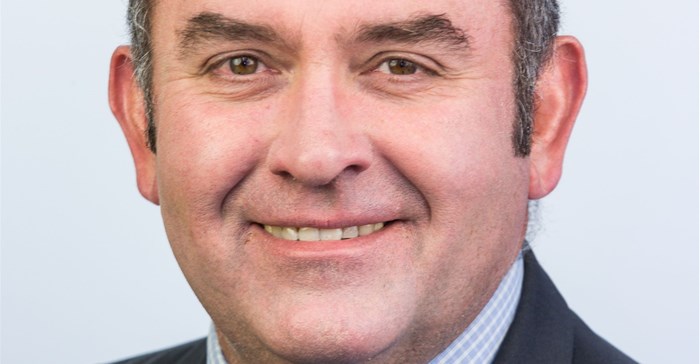Are financial advisors the new life coaches?
There's a natural alignment between money and life-oriented challenges and concerns. So, it makes sense that financial - and maybe even life - coaching seems to be emerging as a trend among intermediaries abroad, to differentiate themselves in a competitive and digitally driven environment.

Jacques Coetzer , general manager at Sanlam Personal Finance: Broker Distribution
Moreover, it has the potential to play a signficant role in getting clients to have critical financial conversations with themselves, and their loved ones. But how can intermediaries reap the benefits of coaching practices, to bolster their value prospositions?
Think of the link between stress and indebtedness, or between bereavement and tying up an estate. This has led many brokerages to train up an advisor as a coach, to hire these skills in-house, or to form strategic partnerships to bridge the gap. Offering far more than straightforward product advice – as clients increasingly seek holistic psychological and behavioural training too. Much of it linked to goal-setting.
Difference
There’s a difference between financial coaching and counselling. The former is about setting financial goals and driving the behaviours that achieve these. It’s future-oriented. Financial counselling, on the other hand, is more to do with the psychological relationship clients have with money – and the past events that catalysed this. Then there’s life coaching, which provides guidance through goal-setting linked to personal growth that goes beyond just money matters.
Overseas, there are examples of intermediaries training to become all three. In doing so, they not only provide value to clients, but also train fellow intermediaries in ‘therapeutic language’ and help transform the brokerage’s value proposition.
The question is, how would this translate into the South African landscape? It’s an interesting idea to explore, especially in a time when intermediaries need to differentiate their offerings more than ever before. Why the need for change?
- The Retail Distribution Review (RDR) means intermediaries will need to negotiate fee structures for services rendered to clients. With clients needing to be ‘convinced’ to pay for advice, a strong value proposition is imperative.
- Then there’s digitisation, which is transforming the transactional space. With digital solutions taking care of the product supply side, face-to-face advice will need to offer value in a different way. That’s where expertise, relationship-building, training and experience all play a big role. Critically, artificial intelligence is nowhere near ready to offer the kind of empathy, active listening and sensitivity a good financial coach can give a client. So, by diversifying into a space that heavily plays on their expertise, intermediaries set themselves up to remain relevant in the digital world of tomorrow.
In light of these, there is no doubt that intermediaries have to bolster their face to face value proposition. There are various ways to diversify and the introduction of coaching is just one of many ways to do so. It’s by no means the only one – or even the right one (And doing so would certainly require great consideration of the feasibility thereof). But if a brokerage were to pursue this option, how would they do so?
- Through an ecosystem Think of the legal space and the way a trust works, for example. Lawyers, accountants and wealth managers all work together to get the best results for a client. McKinsey defines an ecosystem as “an interconnected set of services that allow users to fulfil multiple needs from one, integrated experience”. It predicts ecosystems will account for 30% of global revenues by 2025. Brokerages could strategically work with credible psychologists and coaches to create a collaborative offering of complementary services.
- By incorporating financial coaching into financial planning It’s not a big step to incorporate financial coaching into financial planning – many intermediaries already do so. While financial planning is traditionally associated with appropriate product selection, financial coaching is about changing behaviours to maximise wealth over the long-term. It’s more of an educational, holistic approach that deals with the general management of finances.
As part of this, intermediaries could offer clients a personalised digital solution. Like an app that tracks a person’s progress towards specific financial goals. This way, an intermediary offers the tools to help clients take money management to the next level – and the coaching to help entrench these behaviours sustainably. The trick will be making this a creative commercial model that makes sense and gets the pricing structure right.
In South Africa, there’s a hunger to learn how to manage finances properly. The state of our financial literacy has been well documented and there’s ongoing opportunity help clients have constructive conversations with themselves to achieve financial wellness on a sustainable basis. Incorporating coaching to strengthen a value proposition could be one way to do just that.
About the author
Jacques Coetzer is the general manager at Sanlam Personal Finance: Broker Distribution